There is hope that elections in Mozambique will further consolidate its democracy, ensuring political stability after years of civil conflict. We expect elections to provide a legitimate way for people to express their will and change or renew leadership peacefully.
A carnival atmosphere has characterised election campaigns in Mozambique as political parties woo the electorate for votes in the 9 October general elections.
Over 14 million people have registered to vote in the polls in which Mozambicans will elect a new president, parliamentarians and provincial representatives.
More than 36 political parties are participating in the polls at different levels according to Mozambique’s National Electoral Commission (CNE).
The election campaign season opened on 24 August, with political parties immediately deploying teams to the country’s 11 provinces to sell their election manifestos.
Four candidates have been approved to contest in the presidential election by the Constitutional Council, which is the highest body that deals with constitutional and electoral matters in Mozambique.
The presidential candidate for the governing Front for the Liberation of Mozambique (Frelimo) is youthful Daniel Chapo (47), who was appointed last year to succeed incumbent, Filipe Nyusi, who is serving his second and final term as the country’s leader.
Chapo born two years after the country attained independence in 1975. Thus, his appointment came as a surprise to many in both Frelimo and outside the party. A holder of a law degree, who previously worked as a radio and television presenter, he joined politics in 2009 and was later appointed administrator of Nacala-a-Velha District.
He became administrator of the Palma District in 2015, before President Nyusi elevated him to the post of governor of Inhambane Province in 2016. He worked as governor until 2024 when he resigned to focus on his campaign following his selection as the governing party’s candidate.
With Frelimo having won all the elections since independence in 1975, Chapo is tipped to romp to victory and would become independent Mozambique’s fifth President after Samora Machel, Joaquim Chissano, Armando Guebuza and Nyusi.
The family of Mozambique’s founding President, Machel, including former First Lady Graca Machel as well as Chissano have publicly backed Chapo’s candidature.
One of his biggest challengers is Ossufo Momade (63) who is representing the party popularly known as Renamo (Mozambican National Resistance). Momade contested in the last polls in 2019 and lost to Nyusi, after getting 22 percent of the vote.
Lutero Simango, the leader of the second biggest opposition party, the Mozambique Democratic Movement (MDM) and Venancio Mondlane, an independent candidate, also make up the list of presidential candidates.
The Constitutional Council rejected the candidature of seven other presidential hopefuls who failed to meet the criteria for qualification.
Frelimo’s supporters represent areas Beira, Gorongosa, Cabo Delgado, Maputo, and Nhamatanda.
Renamo began its campaign trail in Maputo, Manica, Sofala and Zambezia provinces where it is preaching the gospel of change.
For MDM, Simango has taken his campaign to areas such as Beira, Buzi, Mafambisse, Nhamatanda and Tica promising to improve the lives of women and youths through empowerment projects.
Mondlane, who is referred to as VM7 by his supporters, is running his campaign under the slogan “Save Mozambique.” He launched his campaign in Matola, in Maputo and even took it to Johannesburg, South Africa where he is targeting support from Mozambicans based in that country and in the diaspora. He is promising tax exemptions for those intending to move their businesses to Mozambique.
To strengthen his movement, VM7 entered into an alliance with the Optimistic Party for the Development of Mozambique (PODEMOS), which is backing his candidature.
Besides the presidential elections, focus is also on the parliamentary elections where political parties will be seeking to cement their dominance in the 250-member national assembly.
In the last elections, Frelimo got a two-thirds majority after winning184 seats, followed by Renamo with 60 and MDM which got six.
Parliamentary candidates are elected through a proportional representation system. A party is expected to receive at least five percent of the national vote to gain representation in the national assembly.
Central to the campaigns by the political parties are issues around peace and security, investment in infrastructure, health and education and socio-economic issues such as job creation and salaries for civil servants, which have been a centre of attention following strikes held by health workers this year.
The opposition parties have also disagreed with government and Frelimo on how the challenge of terrorism and insurgency in Cabo Delgado province was handled.
Regional forces under the banner of the Southern African Development Community Mission in Mozambique were deployed in July 2021 to restore peace and security in the province, and recently withdrew on 4 July 2024 after accomplishing their objective.
The disturbances, which put the country under the regional and global spotlight, displaced over one million people, but more than half of them have since returned to their homes since the intervention by SADC and other partners of the Mozambican government.
Mozambique entered its new elections cycle with municipal elections held on 11 October 2023. According to the CNE, Frelimo dominated, winning 64 out of 65 municipalities while the MDM won one.
Our Expectations:
- Democratic Consolidation: There is hope that elections in Mozambique will further consolidate its democracy, ensuring political stability after years of civil conflict. Many expect elections to provide a legitimate way for people to express their will and change or renew leadership peacefully.
- Improved Governance: Mozambican voters and external observers often expect elections to bring about better governance. This includes more accountable leadership, improved public services, and efforts to address economic inequality, poverty, and corruption.
- Peace and Stability: Given the history of civil war between the government (dominated by FRELIMO) and RENAMO, there are strong expectations that elections will help maintain peace. Both local and international bodies, like the UN, have placed high hopes on elections as a way to channel political competition into non-violent means.
- Inclusive Representation: There’s also a push for more inclusive representation of marginalized groups, including rural populations, women, and the youth. This expectation stems from a desire to see the political system evolve to better reflect the diverse makeup of Mozambique.
- Polls and analysis indicate that Frelimo remains the frontrunner, but CAD’s momentum, driven by dissatisfaction with both Frelimo and Renamo, has introduced a real challenge. This marks a shift in Mozambique’s political landscape, as opposition forces unite under new coalitions like CAD, aiming to break Frelimo’s long-standing dominance.
- One of the most common criticisms is that Mozambique’s elections are often marred by accusations of fraud, vote rigging, and manipulation. Opposition parties, particularly RENAMO, have frequently contested election results, accusing FRELIMO, the long-ruling party, of unfair practices to maintain its dominance.
- Violence and Intimidation: Election-related violence has been a recurring issue, particularly between supporters of Frelimo and RENAMO. There are often reports of harassment, intimidation of opposition candidates, and even violent confrontations, which raise concerns about the fairness of the process.
- Lack of Transparency: Critics argue that Mozambique’s electoral process lacks transparency. This includes issues related to voter registration, media bias favoring the ruling party, and the functioning of the National Electoral Commission (CNE), which is sometimes perceived as being politically aligned.
- Dominance of FRELIMO: Mozambique has been effectively ruled by Frelimo since independence in 1975, and many critics say that the country operates more like a de facto one-party state. They argue that while elections are held, the playing field is heavily tilted in favor of the ruling party, which controls many state resources and institutions.
- Economic Disillusionment: While elections promise improvements, many citizens feel disillusioned, especially given Mozambique’s economic challenges, including high unemployment, widespread poverty, and corruption scandals, such as the “hidden debt” scandal that severely affected the economy.
- Renamo’s Role: RENAMO, historically the main opposition, often claims that it is systematically prevented from gaining power through legitimate means. This has sometimes led to a re-escalation of tensions between the party and the government, raising concerns about the potential for renewed violence.
While there are high hopes for elections to further democracy and stability in Mozambique, they are often criticized for being deeply flawed, with challenges to transparency, fairness, and true political competition.
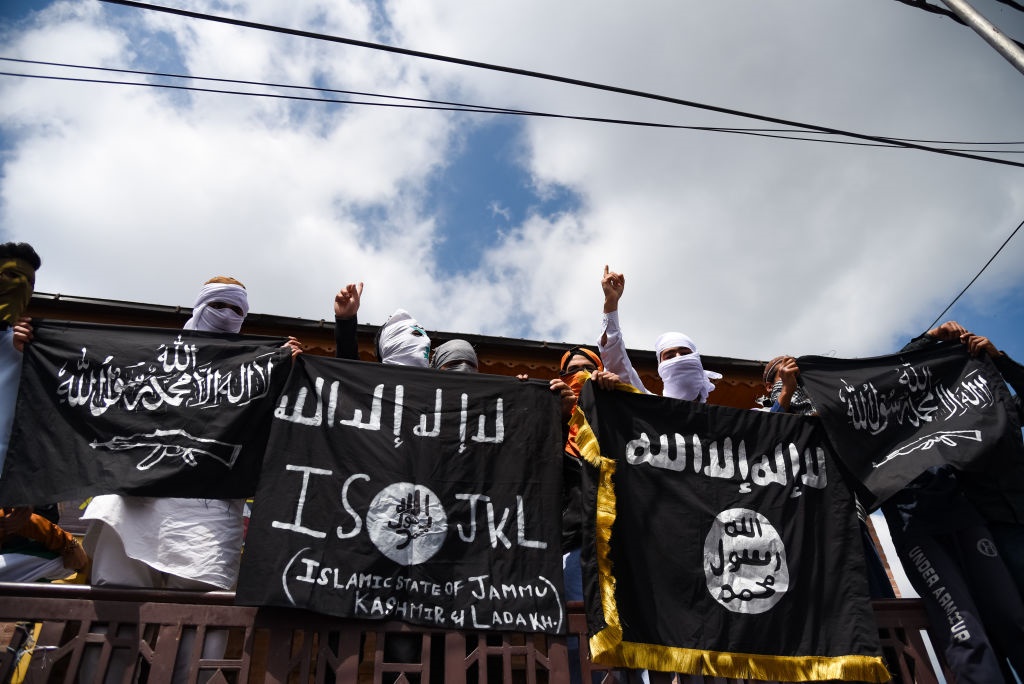
More on this story: What happens in Mozambique may favour the future expansion of the Islamic States
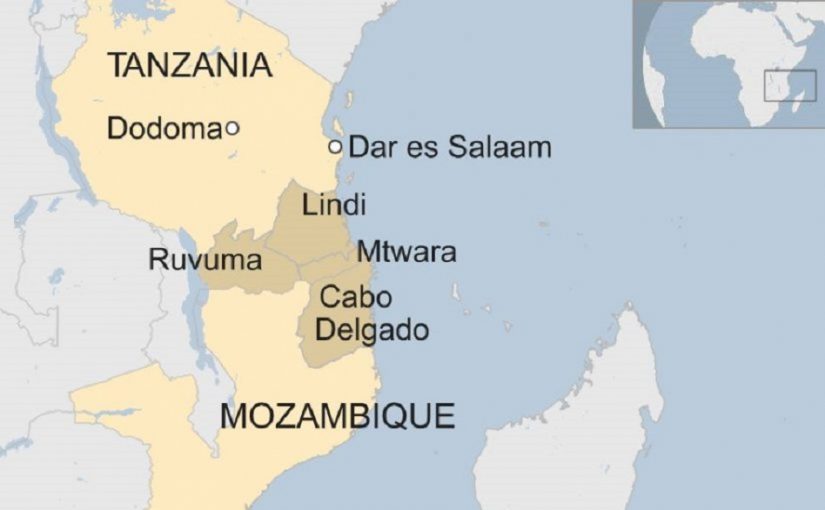
More on this story: Police and military of Mozambique fight over influence
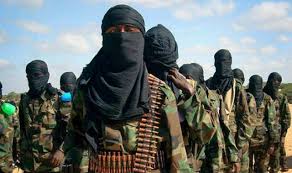
More on this story: Northern Mozambique Conflict, a SADC Concern


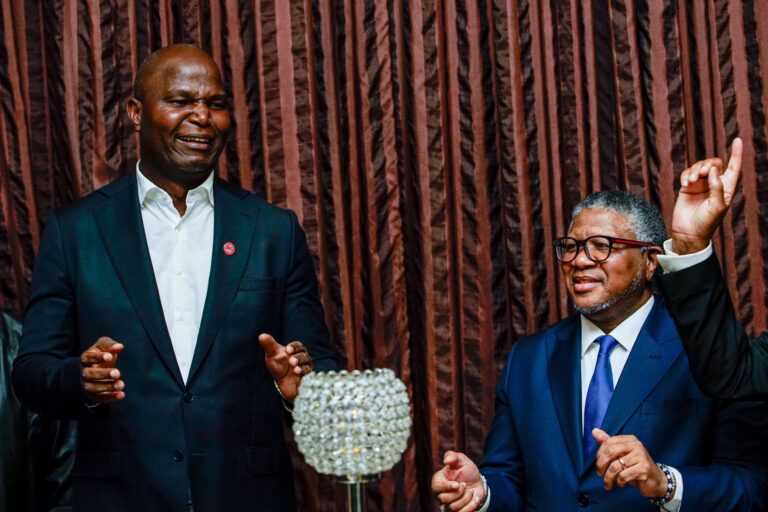
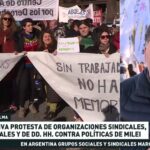

Pingback: 2024 Elections: A New Era for Mozambique? -